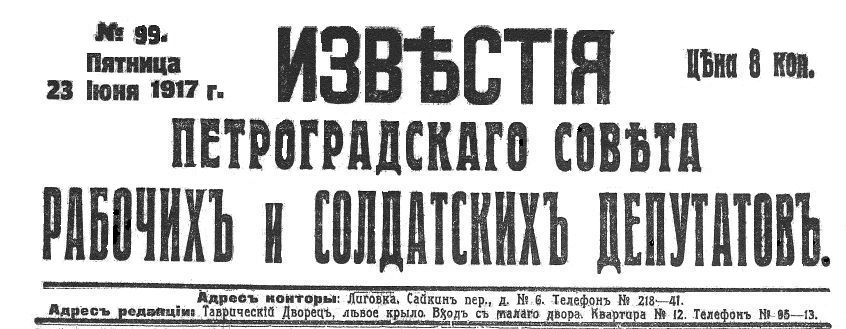If you act this way, then it will be easier for the Finnish proletariat to wage its liberation class war against its own oppressors, the bourgeois classes, and then between their neighbours, Finland and Russia, will also be established friendship, such a confidence, which will bring mutual happiness and success.]
Finland's Declaration of Independence, adopted by the Finnish Parliament on December 6, 1917
Back to documents of 1917-1918 and later.

